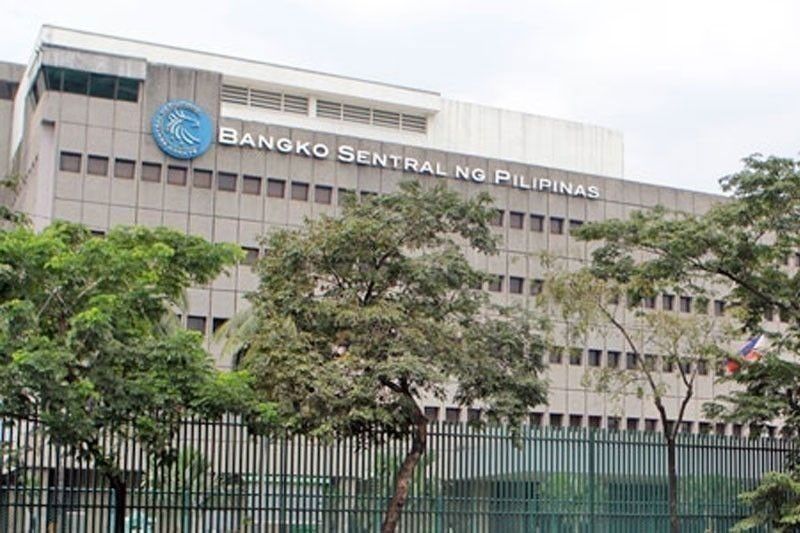Agri-agra loans remain below threshold

MANILA, Philippines — Loans extended by Philippine banks for agriculture and agrarian reform slipped by 2.6 percent to P696.35 billion in September 2020 from P714.27 billion in the same period in 2019 as the industry continued to fall short of the mandated threshold for the sector.
Preliminary data from the Bangko Sentral ng PIlipinas (BSP) showed the banking system was only able to allocate about 10.18 percent of its total loanable funds from January to September last year, way below the 25 percent mandated under Republic Act 10000 or the Agri-Agra Reform Credit Act of 2009.
Total loanable fund generated by the banking industry jumped by 17.5 percent to P6.51 trillion as of end-September last year from P5.54 trillion a year ago.
The law retained the mandatory credit allocation in Presidential Decree 717, where 15 percent of banks’ total loanable funds are to be set aside for agriculture, while 10 percent should be made available for agrarian reform beneficiaries.
The BSP reported the loans extended by the banks to the agriculture sector amounted to P606.78 billion for a 9.32 percent compliance ratio, below the required 15 percent.
The BSP said big banks or universal and commercial banks registered a compliance ratio of 9.25 percent after extending P568.38 billion to the agriculture sector, while the ratio of thrift or mid-sized banks only reached 6.43 percent after granting P17.5 billion.
Rural banks extended P20.9 billion to the agriculture sector for a compliance ratio of 20.71 percent.
Likewise, the compliance ratio of the banking system fell way short of the 10 percent threshold for agrarian reform credit as banks only extended loans amounting to P55.84 billion equivalent to a compliance ratio of 0.86 percent.
The compliance ratio of big banks for agrarian reform loans only reached 0.71 percent, while that of thrift banks settled at 1.34 percent, as well as rural and cooperative banks with 8.78 percent.
BSP Governor Benjamin Diokno earlier said the central bank remains committed to pursue strategies to promote agriculture financing in view of the sector’s critical role in financial inclusion and broad-based economic growth.
“A more responsive agriculture financing ecosystem is needed to realize its full potential as an engine of inclusive economic development. We need to be deliberate in our bid to create a more inclusive new economy by supporting the development needs of the agriculture sector,” Diokno said.
The BSP continues to pursue innovative solutions even with the decline in banks’ agricultural lending despite the implementation of the law requiring banks to set aside at least 15 percent of loanable funds to agriculture and 10 percent to agrarian reform.
These include strategic interventions to improve the productivity and bankability of farmers and their enterprises; increase the institutional capacity of banks to assess and offer customized lending products to agri-enterprises; and develop the financial infrastructure to minimize impact of the agri-sector’s inherent risks through appropriate credit risk management instruments.
Agriculture Secretary William Dar said Friday the Department of Agriculture, Department of Agrarian Reform, and the BSP signed the draft amendments to the implementing rules and regulations of the Agri-Agra Law.
Under the new IRR, the law extends the law’s coverage to households of the agrarian reform beneficiary and to agrarian reform communities.
The new guidelines defined agrarian reform communities as a barangay or cluster of barangays that are composed of or managed by agrarian reform beneficiaries, while the household refers to members of an agrarian reform beneficiary’s household that contribute to the productivity of the awarded land.
Other amendments include the removal of the accreditation requirements for debt securities, expansion in the modes of compliance with the agrarian reform credit, and change to the computation of total loanable funds of newly-established banks.
- Latest
- Trending





























